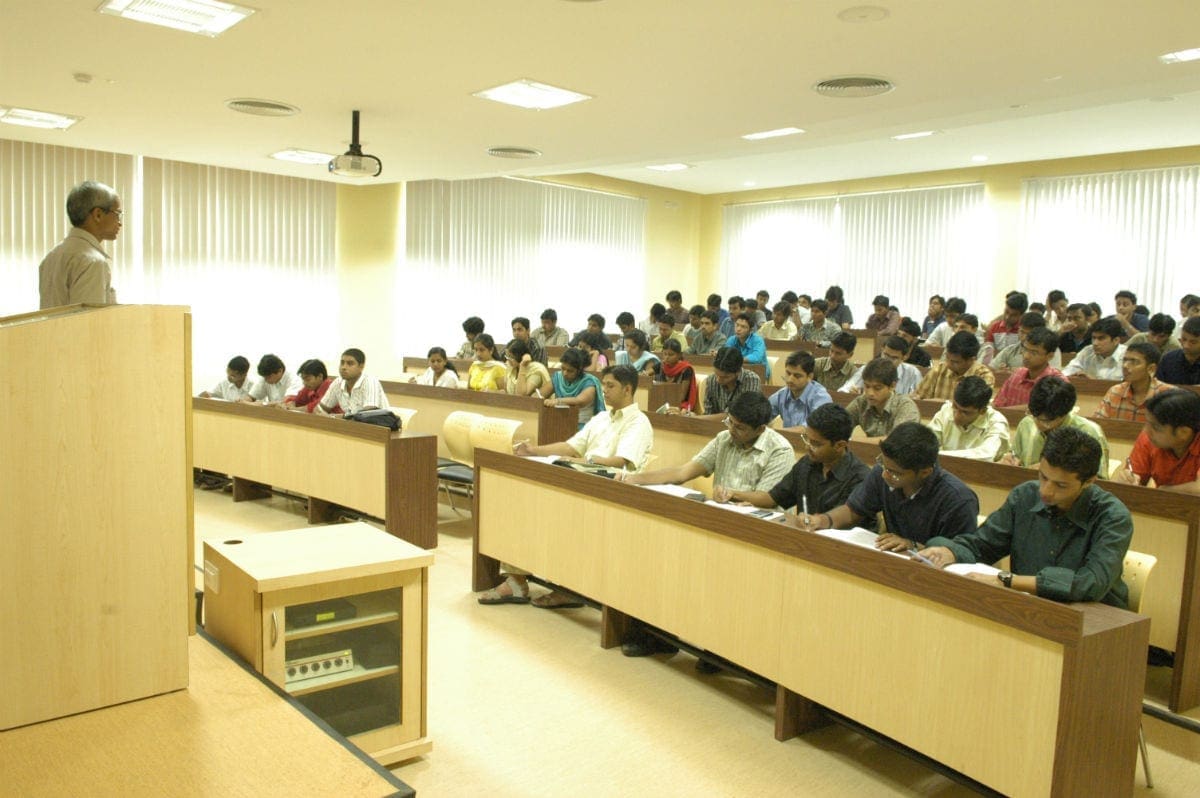
In my experience as a student, one of the most awkward things that happen during a lecture is the pin-drop silence that the lecturer receives after posing a question. Most often, lecturers take this as a form of negative feedback on their presenting skills. They expect an answer, regardless of whether the class is familiar with the topic or not. The absence of a reply speaks volumes but may not be the answer they are looking for.
Some lecturers take this in stride, brushing it off as a question that the class sincerely did not know the answer to. Perhaps they were not enlightened on it beforehand. Perhaps they could not make the connection between the question and the topic of the lecture. These possibilities would be rather obvious by their blank gazes.
However, some lecturers automatically assume that the class is stupid as a whole, or lazy for not going through their previous work, or all the negative attributes they can think of to justify that silence. The more experienced lecturers would simply and politely instruct the class to look it up later in their own time. They are patient enough to refrain from making the class feel stupid, and impatient enough to continue the flow of the lecture so as not to waste precious time. It is this balance that students are more comfortable with. Ultimately, it is up to them to produce the answer (thoroughly, too) when the need arises during examinations and in actual practice.
There are certain motives about why a lecturer asks questions to the students; one of them being merely to assess their knowledge of the topic before starting the actual lecture, like dipping a toe into the bathtub to find out how cold the water is before jumping in. (If there was no water in the first place, he’d have to fill it up!)
Lecturers also ask questions to jog the students’ thoughts, to link A to C by asking about B. In this way, the students are actively participating in the lecture. This approach often makes the students feel good about themselves and their attention is held more firmly.
Of course, there comes the reason that the students dread, which is to test their knowledge and memory skills during the lecture. “What is the fasting blood sugar level for a diabetic?” At the mention of the word “what”, students are already breaking out in cold sweat (and some might even have urinary incontinence), especially when they are singled out to answer a question. I’m sure that everyone has the same feeling when they get ‘picked on’. That sudden rush of adrenaline as you attempt to recall the answer, the thumping of your heart that is certain to be louder than the weak answer that you mumble out, the inner voice screaming “Why me??” And this happens even if you know the topic very well and can answer promptly. The human ego is a fragile thing. No one in the medical profession likes to admit that they don’t know the answer to something. No student likes to look stupid in front of their peers. This is why when a lecturer asks you questions to test you on the topic at hand, and you don’t know the answer at that moment (and you feel darn stupid about it too), you can be pretty sure that when you do find out the answer later, you’ll never forget it.
The pin-drop silence is deafening, and sometimes deceiving. There are students who do know the answer. Why aren’t they speaking up? I’ll relate my personal experience to give an insight on this.
One reason I don’t speak out is because I don’t want to get ‘picked on’ later. Some lecturers tend to do that, especially when no one else gives any answer afterwards, and lecturers have this amazing innate ability to single out the person who spoke up earlier.
Another reason would be out of sheer laziness. If I sit all the way at the back of the hall, why should I answer when there are tons of other students in front of me who can give the answer? Plus, that way I don’t have to raise my voice suddenly and scare the wits out of those around me.
Then there’s the reason that has haunted me for the first few months of medical school here: I’m afraid. I’m afraid of being wrong. I’m afraid that I’ll look stupid in front of everyone. I’m afraid that the lecturer will think I’m stupid. However, after a while, I learnt that it’s better to be wrong now and look stupid than to be wrong later in life. Also, sometimes giving the wrong answer lets everyone in the class learn from it, so that they won’t make the same mistake.
The best kind of lecturer is the lecturer that knows how to get responses from the class through questions. They know how to get around the reasons above I gave for not answering. They ‘pick on’ students randomly. They are vibrant and charismatic, they make the class want to answer. And when the answer is wrong, they would probably make fun of the answer but are never condescending towards the person who gave it. Most importantly, they are genuinely pleased when the class attempts to answer. It is through this interaction that the class can progress on the topic.
On average, the pin-drop silence lasts for about 4 seconds. Both the lecturer and the students can help reduce it.
About the Author: Farah Aishah Hamdan is an alumnus of Melaka Manipal Medical College. This article was originally published in the MMMC yearbook 2004.

Be the first to comment